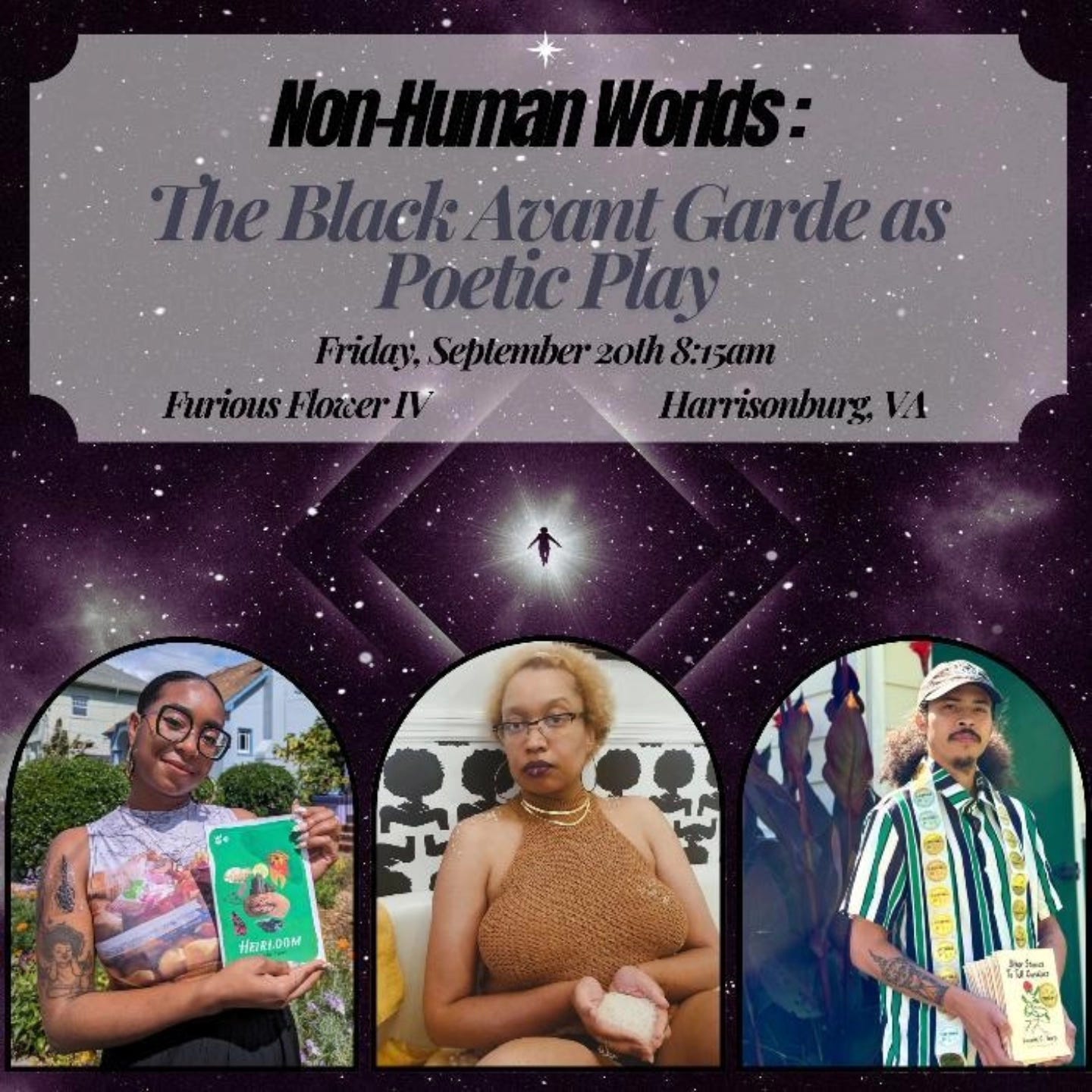Somebody said they was searching for stars but looked down into them waves. The stars they perceived was brother, sister, cousin, each eye shining with rivermud studded with gemstone, each mouth open and gleaming with tooth, gold, child-holler. - Tameka Cage Conley, "Kin: First Responders" This is a good time This is the best time This is the only time to come together Fractious Kicking Spilling Burly Whirling Raucous Messy Free Exploding like the seeds of a natural disorder. - June Jordan, "From Sea to Shining Sea"
Welcome back loved ones. This newsletter hiatus wasn’t foreseen, but looking back was much needed. This summer was spent prioritizing play and purpose: beach visits, family reunions, vacations, identifying personal goals. And with nearly four more weeks of summer left, I find myself returning to the school year with new vigor. Like I had been parched for so long and some kind soul filled me up with enough water to rehydrate my leaves. It’s not so much that conditions have changed, but my attitude towards them have changed.
The past few months, I’ve spent more time by the water than I ever had in my entire life. I’ve had to relearn much about my own relationship to water. I’ve written before about my apprehension towards large bodies of water, but something about these past few months has intensified my craving for the shoreline. Even my writing seems to flow, so to speak, past the limitations of land and into this blue expanse. And why not? We are quite literally made of water. Our veins mimic watersheds, mimic estuaries that guide our bloodstreams. Finding lack of hydration in past works, I write new lines, reaching towards freshwater and saline ecosystems alike:
"the sky opens and releases her rivers..." "on the other side of the Atlantic, a father drinks the moon..." "Once cephalopod, once saltwater taffy, once tap dancing to Scott Joplin with a mouth full of sand. Almost African, deboned and sent up the river. Stream scientists sought to define this hybrid species,..."
Following two epic winter storms, California is anticipated to remain drought free through 2025. El Niño signals another wet year of rainstorms with limited places that runoff can go. A recent camping trip was abandoned due to a rare once in twenty year cold front blown in from Alaska, causing snow, hail and rainfall in Northern California. Right at the beginning of the school year, unsafe levels of lead were found in 30 out of 40 water sources in Oakland Public Schools. Corn releases a lot of moisture in the summer, and these various monocultures across the United States contribute to high humidity and drive climate change.
Sitting with works by Caribbean authors like Jean Metellus, Édouard Glissant and Alexis Pauline Gumbs (whose book Undrowned ponders Black feminist lessons learned from marine mammals), I’ve come to appreciate water as both an educator and a historian of its own right. Water has no agenda: water does what it is bound to do, and in many diasporic religions, water is a neutral god capable of divine healing or immeasurable chaos. But disaster and apocalypse aren’t always naturally occurring; they are often the result of a culmination of human disturbances hellbent on going against the natural order of things. Disaster produces new ecologies, new relationships, new possibilities of knowing. Ocean as a womb, as portal – forced to birth something terrible. And here we are, on the other side, trying to remember what life was like before passing through the Door of No Return.
During my summer hiatus, I read excerpts from Disabled Ecologies by Sunaura Taylor, a book which interrogates the relationship between ecological harm and human health. Disabled people are already on the frontlines when it comes to environmental disaster, and usually the last to receive support and assistance during times of chaos. Pollution, contamination and land acquisition contribute to disability and sickness, often with long term, irreparable impacts on those affected. Even if symptoms can be mitigated and the local ecology restored/repaired, nothing is ever truly the same as before. Why do we always crave a “before?” Can we release it, like water? If those levees break, if those dams come down, what new ecologies flood from behind the veil?
I suppose this is a time of deep unlearning, of discomfort, of metamorphosis that will inevitably set the tone for the next decade. Difficult things take time. Water shapes rocks, not through force, but through patience and discipline. Even developing enough trust to plunge into those dark depths requires nerve. Can we hold each others hand as we take that first leap of faith?
Personal announcements:
I just returned from my very first Furious Flower (IV) Conference in Harrisonburg, VA! I was on two panels, The Earth is a Living Thing: The Eco-poetics of Black Aliveness and Nonhuman Worlds: The Black Avant Garde as Poetic Play. Got to preview some excerpts from my forthcoming collection Tending the Vines.
I’ll be at Litquake on October 12th: Black Poetics and Worldbuilding at the SF Public Library.
Still accepting October, November and December bookings ~
What I’m reading (lots of source material and the semester started so all things on my 20th and 21st Century Black Environmental Literature Syllabus, but for pleasure):
The Sea Birds Are Still Alive by Toni Cade Bambara







